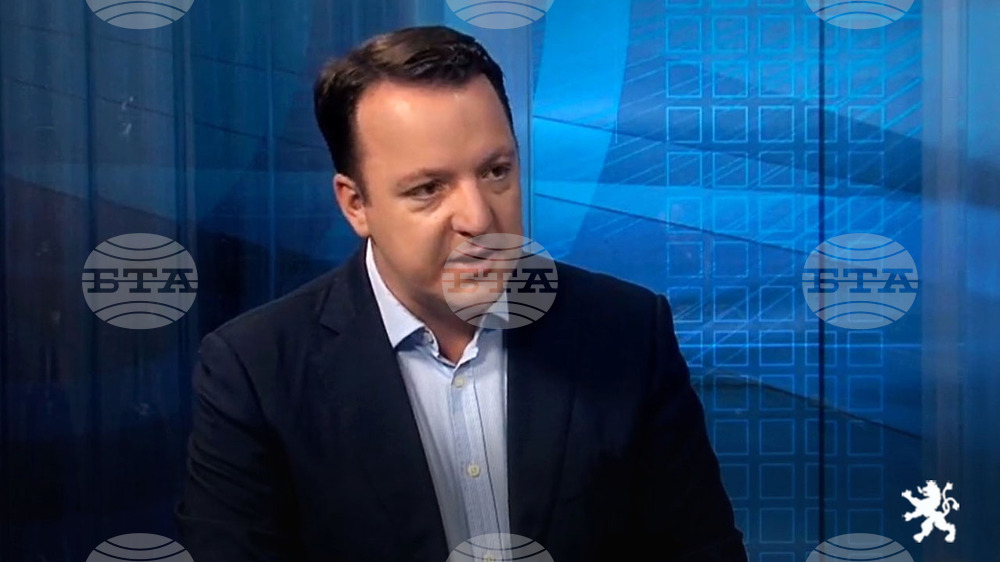site.btaNorth Macedonia Deputy Prime Minister: If We Work Well with France, the EU Will Accept Our Arguments for Deferred Constitutional Changes


If the EU wants North Macedonia to start negotiations, it will start negotiations, because it has no problem with the strongest EU member state - France, but "with the weakest or second weakest EU country" - Bulgaria, said North Macedonia's Deputy Prime Minister and Transport Minister Aleksandar Nikoloski.
Responding to a question on how many EU countries North Macedonia expects to support Skopje's proposal for constitutional changes to come into force once the country becomes an EU member, Nikoloski said in a Sitel TV interview that what is more important is "not the quantity, but the quality" of the countries to which Prime Minister Hristijan Mickoski has presented his proposal.
"And for me, the most significant meeting that PM Mickoski had was the meeting with French President Emmanuel Macron. Because now France is the number one player in the EU. Macron is undoubtedly the leader in the EU with the most legitimacy, with a clear victory in the presidential elections, and a government that works. Germany is going into an election. I'm told (the meeting with Macron) went very well. If we can work well with France and a few other Western European countries, I think our arguments can be easily accepted. If that changes, I am convinced that a Western “heavyweight” diplomat will solve the problem (with Bulgaria) in one morning or one afternoon in Sofia," Nikoloski said.
The government of Prime Minister Hristijan Mickoski does not accept a condition for the second intergovernmental conference on North Macedonia to be held only once Bulgarians are included in the country's constitution. The proposal that Mickoski is presenting in his international meetings is that the changes in the constitution should enter into force after the end of the negotiations. On this proposal, Skopje thinks it should talk to a political government in Bulgaria.
"At the moment Bulgaria has a caretaker government, which has not been elected by anyone in general elections. I once said they were political marginals and they got angry with me, but that's the way it is. It is very difficult. On one side (North Macedonia) has a government with a two-thirds majority in parliament and with huge electoral legitimacy, and on the other side (Bulgaria) - a government that represents nobody. And under such conditions it is very difficult to have any form of dialogue because the second side cannot make commitments. I hope that they will still form a government. But from what we can see, there will probably be elections again in March, it is a decision for the citizens of Bulgaria. It's not nice to have a neighbour who cannot elect a government for the fourth year, but this is the reality," Nikoloski said.
/PP/
news.modal.header
news.modal.text